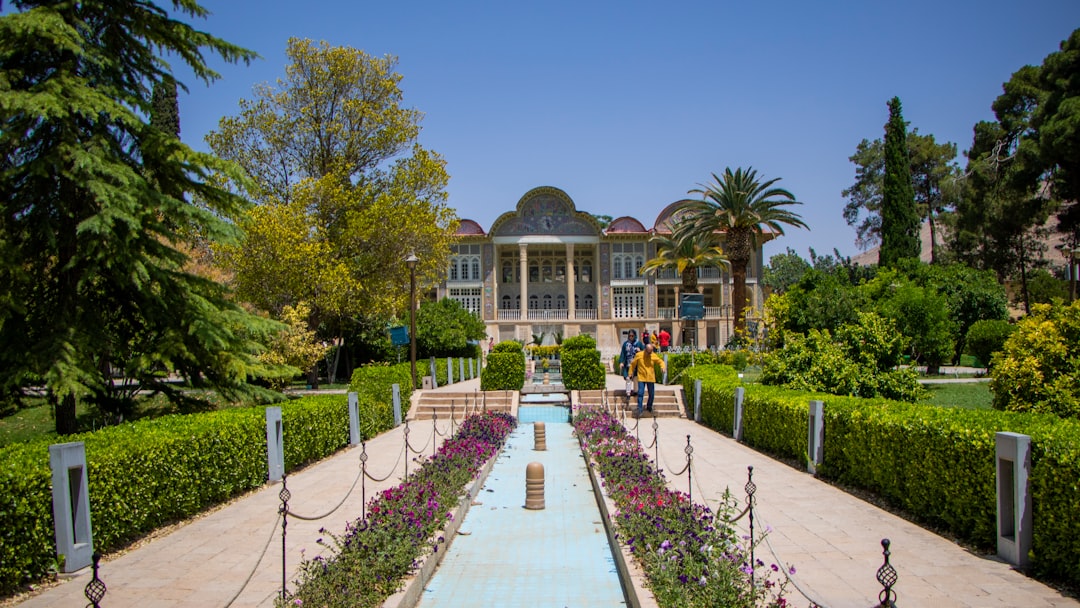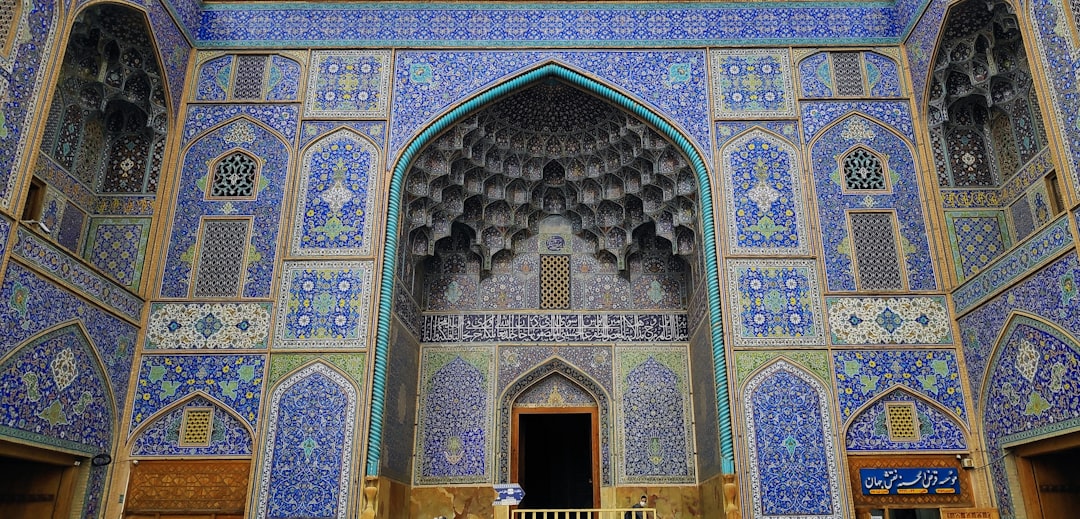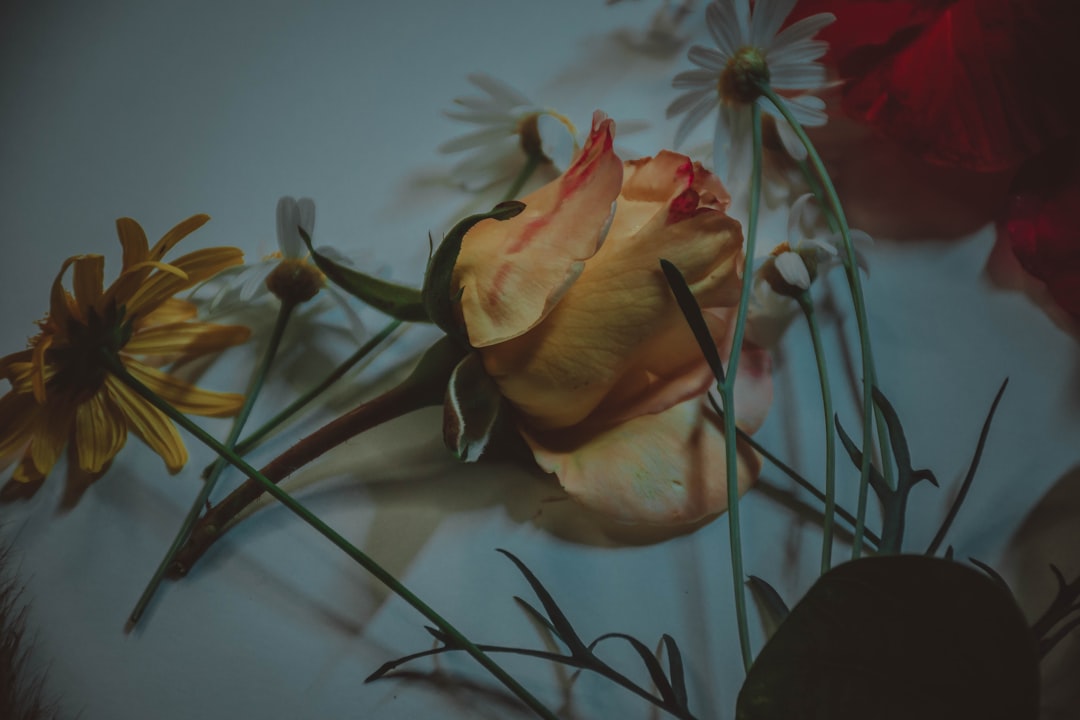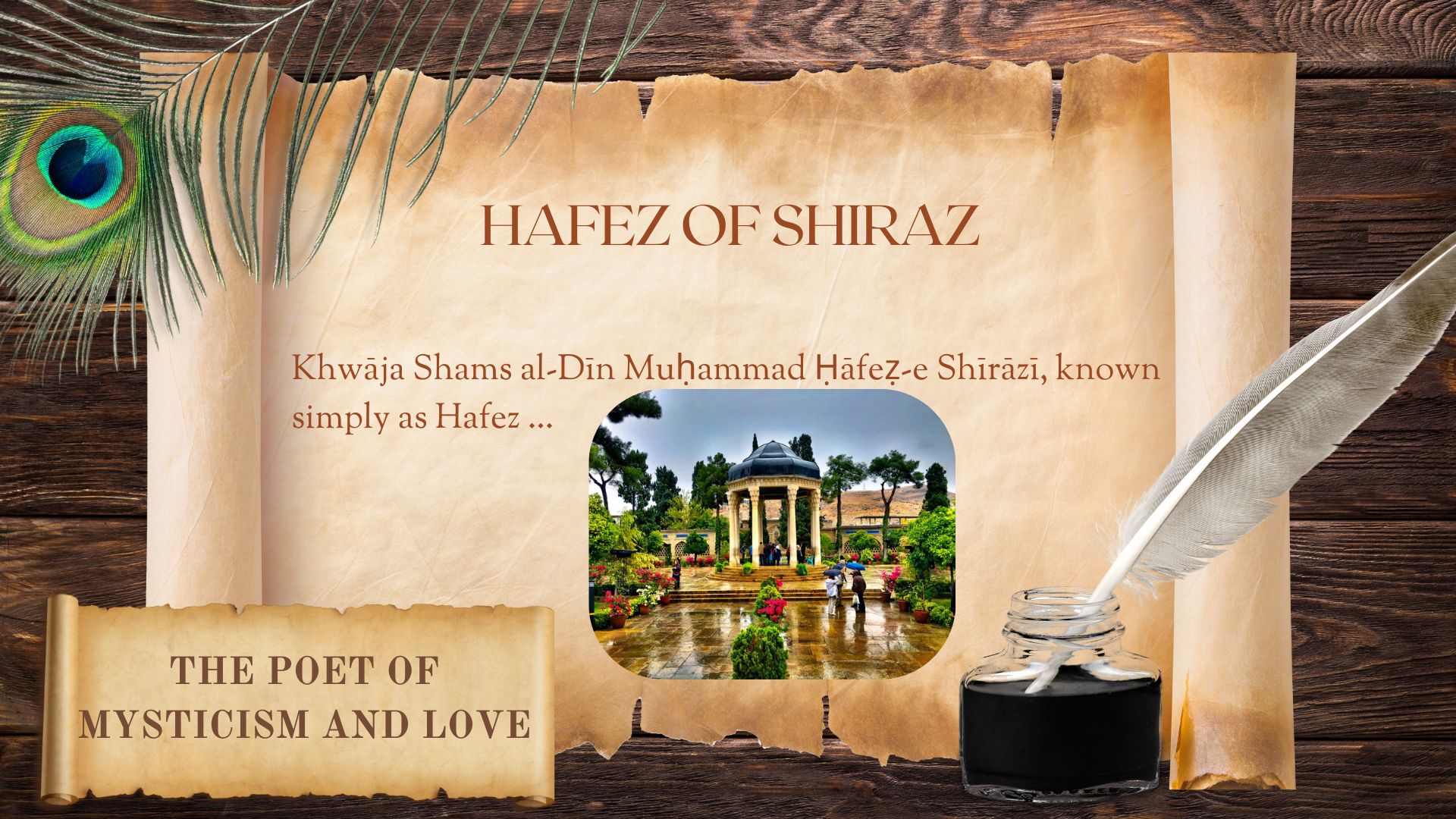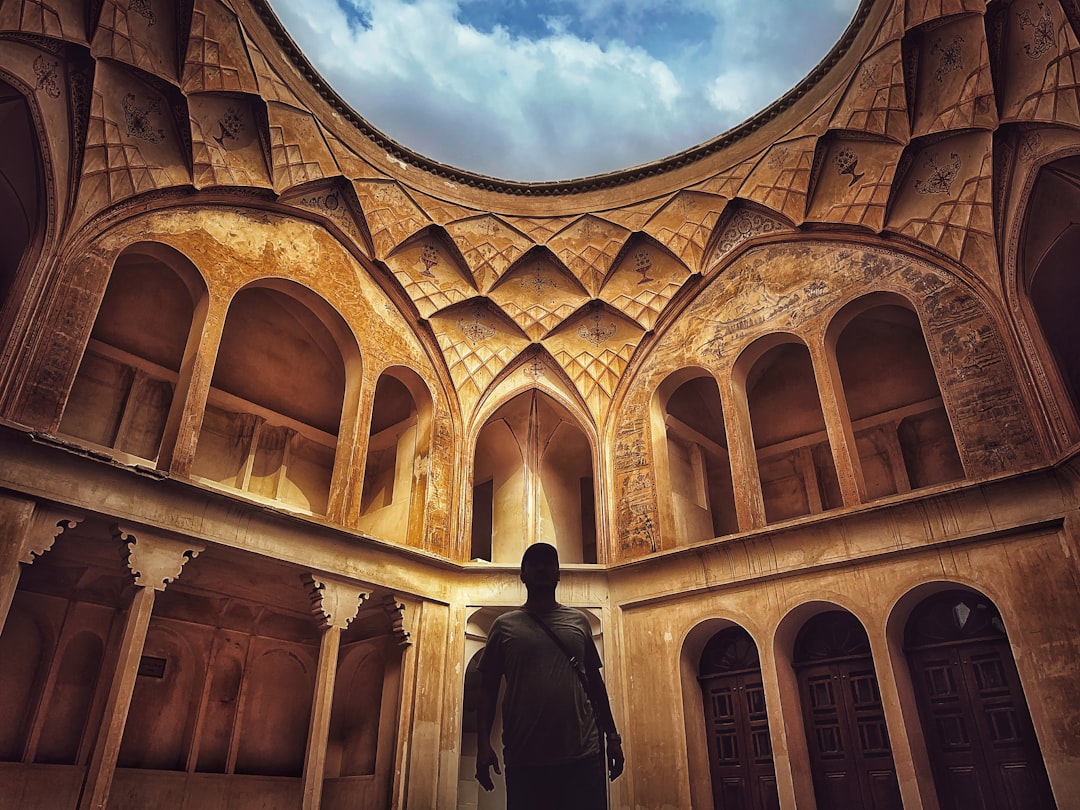When the Heart Dances: Saadi Shirazi’s Celebration of Earthly Joy
Exploring Saadi’s Ghazal: “Vaqt-e Tarab Khosh Yaftam Ān Dilbar-e Tanāz Rā”
وقت طرب خوش یافتم آن دلبر طناز را
ساقی بیار آن جام می، مطرب بزن آن ساز را
I found, at the hour of joy, that coquettish beloved again.
Cupbearer, bring the wine! Musician, strike the strings!
From the …
Beyond the Two Worlds: The Hidden Essence of Love
A Mystical Reflection Inspired by a Ghazal of Attar of Nishapur
There are loves that live within the world
and there is Love that births worlds.
Attar begins his ghazal with a declaration that strikes at the root of all human understanding:
“The nature of your love lies beyond …
The Stranger Before the Beloved: A Meditation on Hafez’s Ghazal “Goftam Ey Sultan-e Khuban”
In Persian mystic literature, few themes are as enduring as ghurba — estrangement. It is the ache of the soul that has fallen from its homeland of light and now wanders in the dust of separation. Hafez, the poet who made the music of longing immortal, captured this feeling in …
The Sweetness of Pain: Saadi’s Song of the Unforgetting Heart
There are loves that illuminate the world,
and there are loves that burn it down.
Saadi Shirazi, the gentle sage of Shiraz, sings of the second kind,
the love that refuses to die, that feeds on its own wounds,
that becomes both poison and cure.
تا بود بار غمت بر …
Hafez of Shiraz: The Poet of Mysticism and Love
Khwāja Shams al-Dīn Muḥammad Ḥāfeẓ-e Shīrāzī, known simply as Hafez, was born in Shiraz, Persia (modern-day Iran), around 1315 CE and lived until about 1390 CE. He is celebrated as one of the greatest figures in Persian literature and is regarded not only as a master of lyric …
🕊️ Beyond Thought: Rumi’s Call to Holy Madness
Introduction
There are moments when the mind becomes the veil, not the light.
Rumi, in this fierce and ecstatic ghazal, invites the seeker to stop thinking so much. He challenges the intellect’s constant questioning, warning that thought, if not guided by love, turns into oil feeding the fire …
🌙 “When Light Fades: Hafez and the Midnight of Separation”
This ghazal is one of Hafez’s most heart-wrenching meditations on separation, memory, and the soul’s exhaustion in love.
بی مِهرِ رُخَت روزِ مرا نور نماندست
وز عمر، مرا جز شبِ دیجور نماندست
هنگامِ وداعِ تو ز بس گریه که کردم
دور از رخِ تو، چشمِ مرا نور نماندست
میرفت …
Burned to Nothing: Attar’s Song of Annihilation
There are poems that whisper, and there are poems that consume.
This ghazal by Attar of Nishapur does not whisper; it burns.
It is not a prayer spoken in calm devotion, but a cry from within the flame itself; the voice of one who has already given everything, even the …

